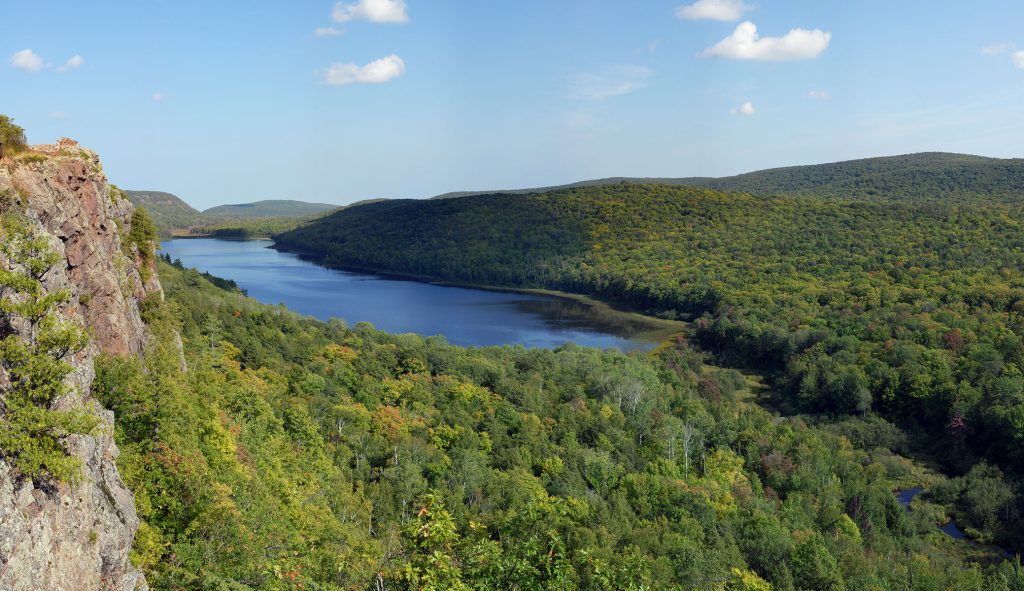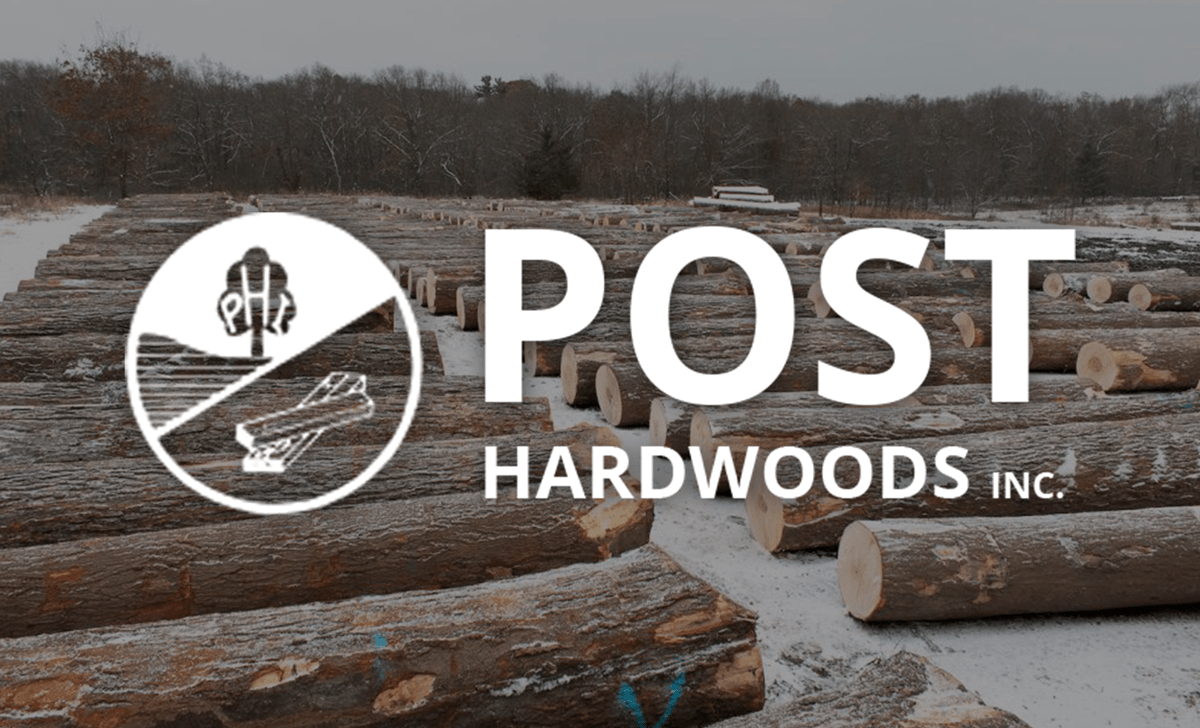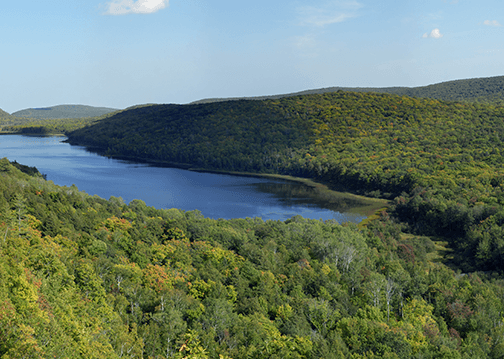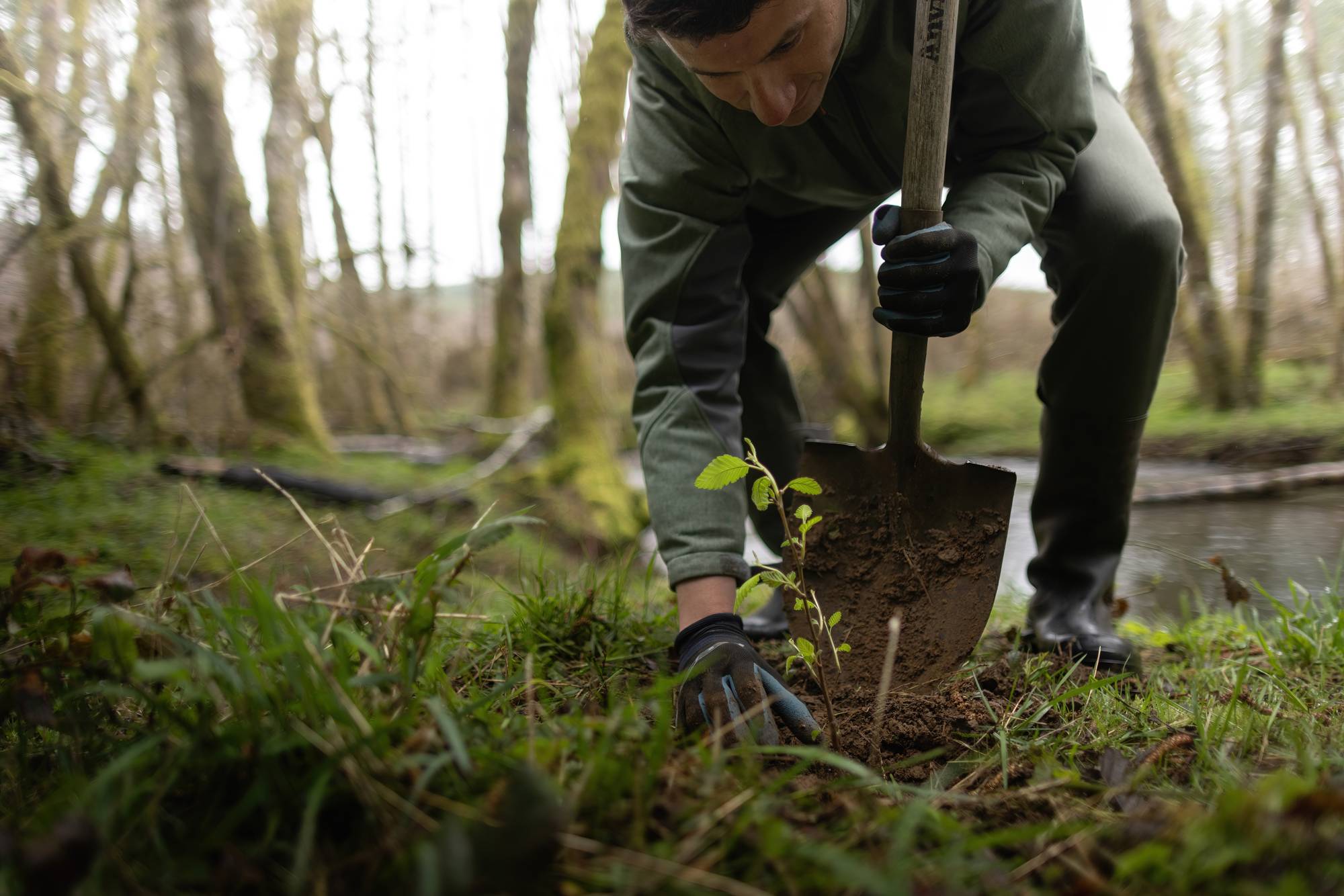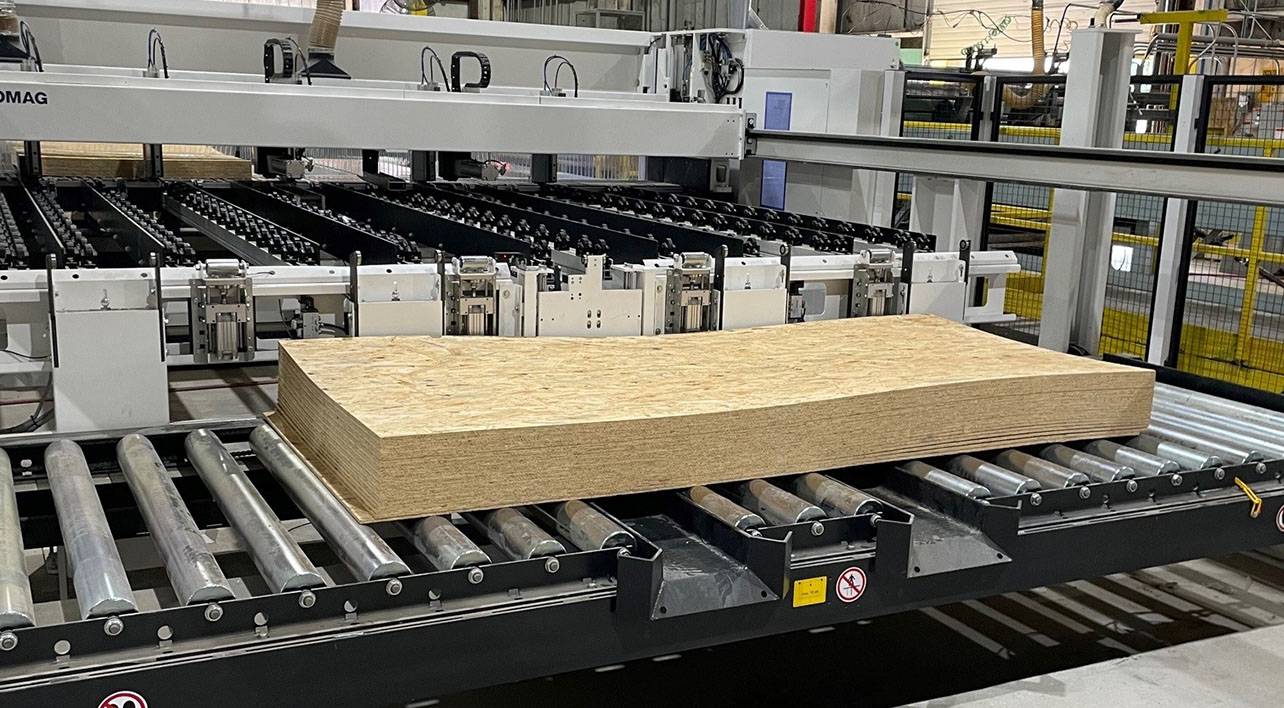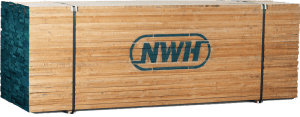Appalachian Hardwood Forest Banking Trees
HIGH POINT, NC – When people talk about sustainability in hardwoods, they often ask: Are we growing more than we’re using?
The answer in the Appalachian region is a resounding yes.
Growth Outpaces Harvest
A new 2025 update to the Certified Appalachian Legal & Sustainable program shows that 2.82 trees are growing for every one that’s harvested or lost. That’s a 15% increase in growth-to-removal ratio since the last review in 2017 and more than double what it was in 2007.
This means the Appalachian forest isn’t just maintaining balance. It’s banking trees and storing more resources for future needs while strengthening the timber base.
Appalachian Hardwood Forest Growth-to-Removal Ratio
Growth ratio for every tree harvested or dying combined
What the Data Shows
The review, commissioned by Appalachian Hardwood Manufacturers, Inc. (AHMI) and powered by the USDA’s Forest Inventory Analysis, covers 344 counties stretching from northern Georgia to western New York.
Key findings include:
- 34 billion live trees in the region, that’s up 1 billion since 2017.
- Top species: Red Oak, White Oak, Poplar, Soft Maple, Hickory.
- Forestland acreage: Slight decline overall, but states like Kentucky, Maryland, and South Carolina actually grew their forestland base. Losses to development and agriculture were under 1%.
The Bottom Line
For buyers, architects, and manufacturers, this report is reassurance: When you source hardwoods from the Appalachian region, you’re choosing a material that is certified, renewable, and growing stronger every year.
A Special Thanks
This update comes from Appalachian Hardwood Manufacturers, Inc. (AHMI), who’s mission is to promote hardwood timber and products from the Appalachian Region of the eastern U.S.
Share This Post!
About NWH
Founded in 1967, NWH has established itself as a leading manufacturer and supplier of hardwood lumber across North America, Europe, and Asia. Committed to streamlining the customer experience, NWH services a variety of sectors including furniture, flooring, cabinet, molding, and millwork. Offering more than 14 hardwood species from the main U.S. growing regions, along with imported plywood and exotic lumber, NWH operates more than 30 manufacturing and warehousing facilities nationwide. The company is dedicated to sustainability, providing only high-quality, sustainable hardwoods to protect our resources today and for future generations.
For more information, please visit nwh.com.
